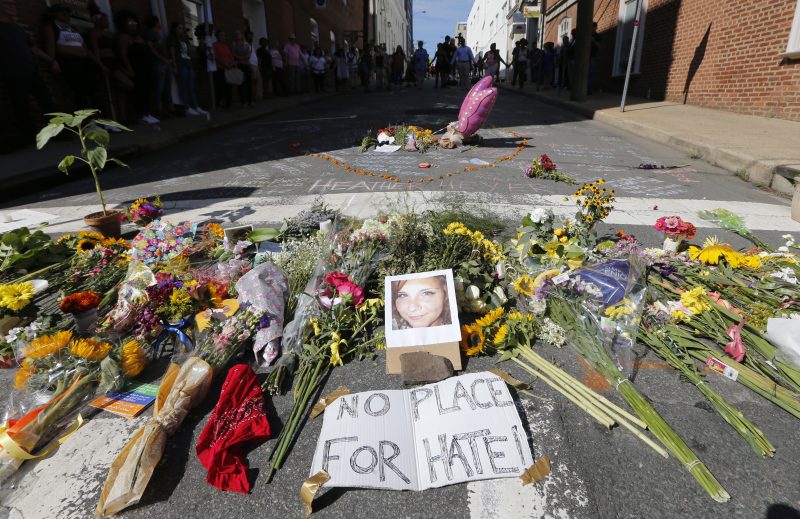
Decoding Trump’s ‘Very Fine People’ Comments: What Was Said vs. What Was Meant
In a recent public statement, former U.S. President Donald Trump made reference to some of the participants in the Charlottesville rallies as very fine people. While on the surface, this comment may appear complimentary, a closer examination reveals a deeper and more troubling subtext underlying Trump’s words.
Trump’s characterization of some Charlottesville rally participants as very fine people is a clear example of his divisive rhetoric and reluctance to condemn white supremacists and hate groups outright. This statement came in the wake of the violent clashes between white nationalists and counter-protesters in Charlottesville in 2017, which resulted in injuries and loss of life.
By seemingly praising individuals who were part of a rally that included neo-Nazis and white supremacists, Trump not only failed to unequivocally denounce racism and bigotry but also sent a dangerous signal that such extremist views were acceptable and worthy of praise. This tone-deaf response from the President further exacerbated the already tense and polarized political climate in the country.
Critics argued that Trump’s very fine people comments were a thinly veiled attempt to cater to his white nationalist support base and avoid alienating them. Instead of using his platform to unequivocally condemn hate groups and promote national unity, Trump chose to equivocate and provide cover for individuals whose beliefs run counter to the values of inclusivity and diversity that America purports to stand for.
Furthermore, Trump’s reluctance to distance himself from white supremacists and extremist groups raised serious concerns about his commitment to upholding the principles of equality and justice for all Americans. His failure to provide moral leadership and his tendency to downplay the threat posed by hate groups only served to embolden such elements within society.
In conclusion, Trump’s very fine people comments in the aftermath of the Charlottesville rallies exemplified his divisive rhetoric and unwillingness to confront the ugly realities of racism and bigotry in America. Rather than fostering unity and denouncing hate, his words stoked tensions and validated extremist views. It is crucial for political leaders to unequivocally reject hate and intolerance and work towards creating a more inclusive and just society for all.
